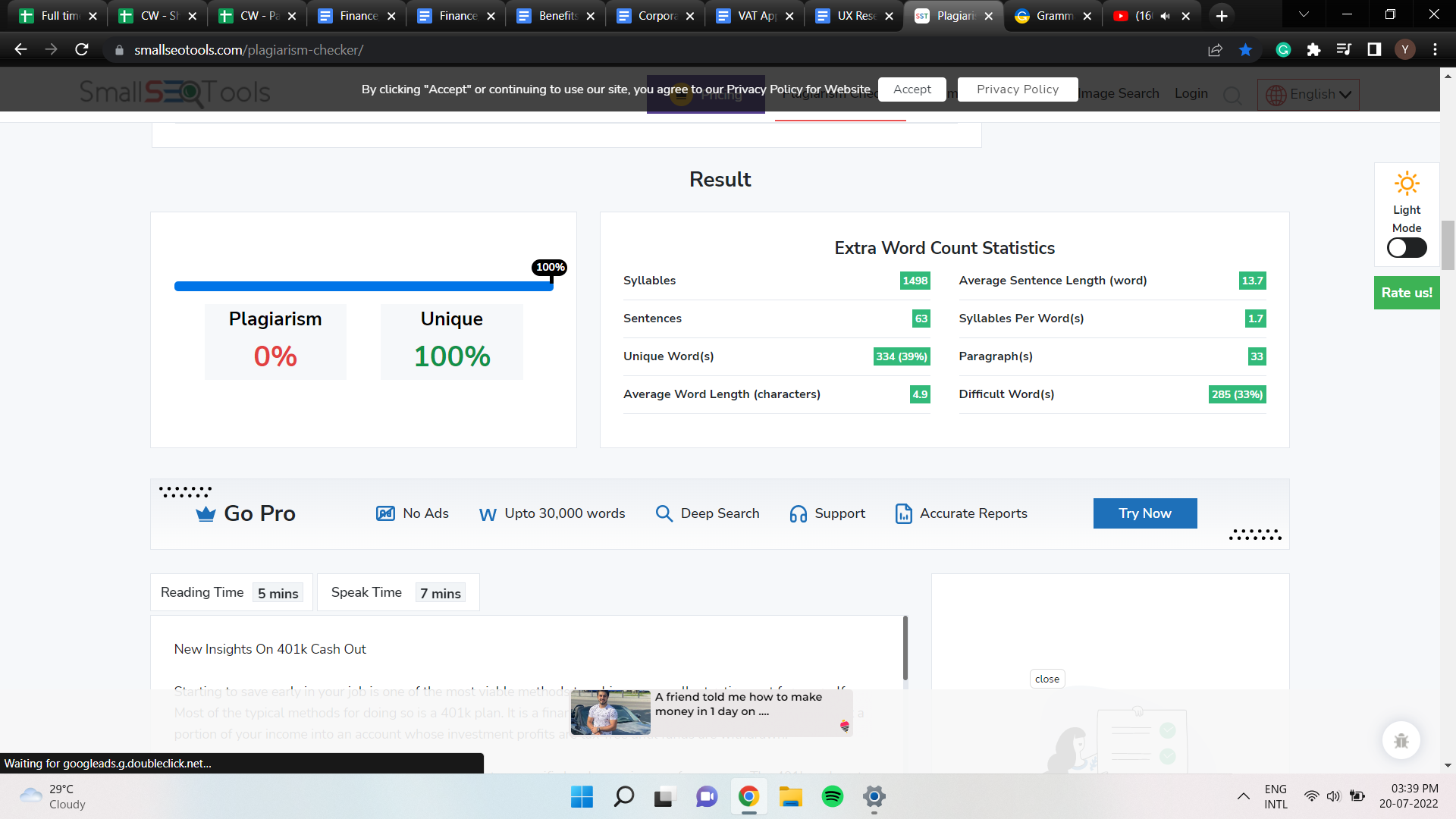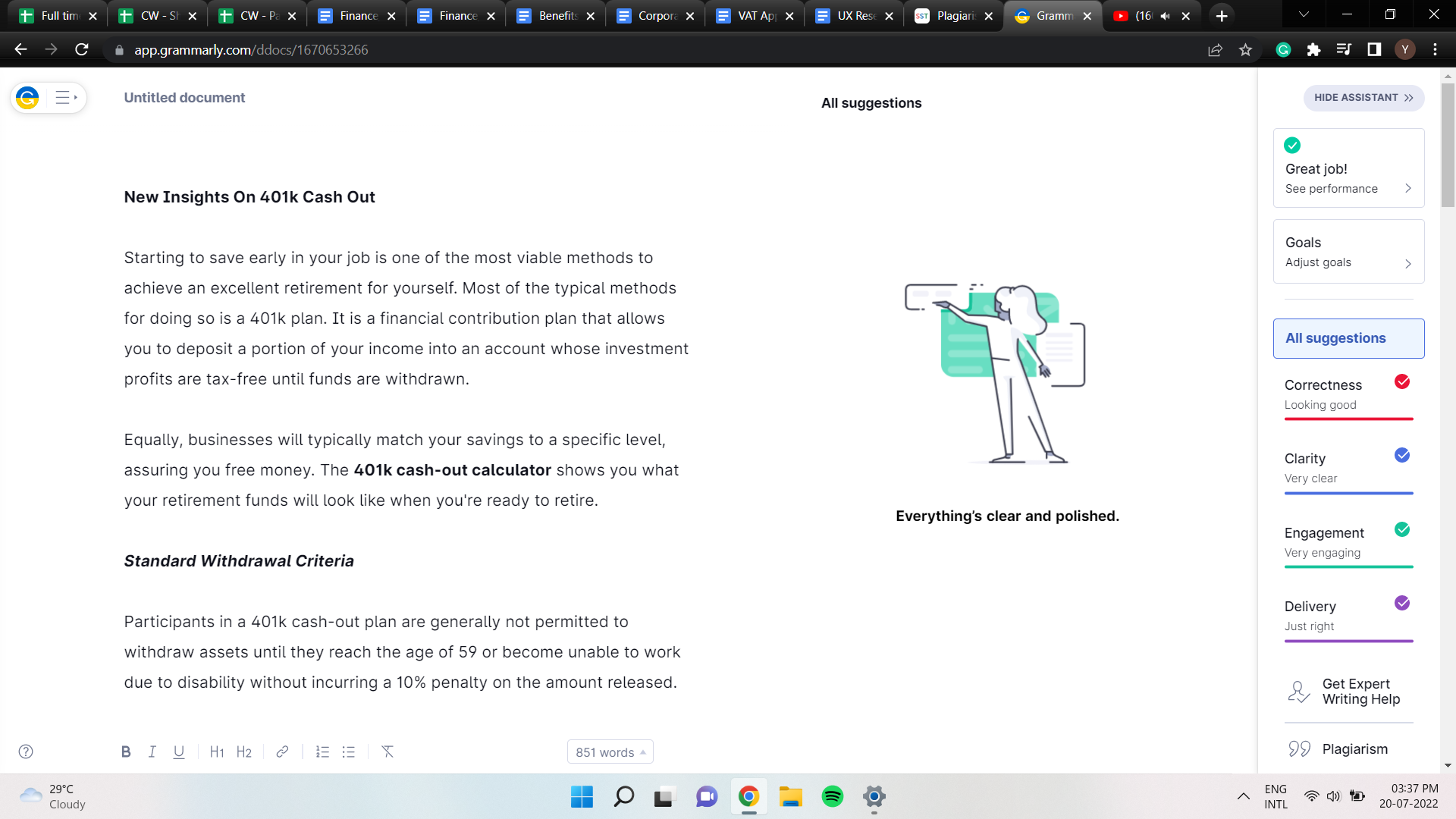Pros and Cons of Early 401(k) Withdrawals and Alternative Loan Options
Explore the advantages and disadvantages of early 401(k) withdrawals, including penalties and tax implications. Learn about alternative options like loans and hardship withdrawals to manage financial emergencies, and discover tips for maintaining your retirement savings growth. Professional guidance is recommended to make informed decisions about your retirement funds.
Sponsored

Pros and Cons of Early 401(k) Withdrawals and Loan Alternatives
Withdrawal Rules
Typically, withdrawals before age 59½ incur a 10% penalty unless specific exceptions apply, like disability or certain life events. Some cases, such as leaving a job after age 55 or working in public service, may allow penalty-free withdrawals.
Early Withdrawal Penalties
If you need funds urgently, you can access your 401(k) early, but usually face a 10% penalty plus taxes. Hardship withdrawals for urgent needs—like medical bills, education costs, or home purchases—may bypass penalties but still attract taxes.
Should You Withdraw Early?
Consider both advantages and disadvantages before withdrawing early. Penalty-free options are limited, but early withdrawal can help in emergencies. However, it reduces your future growth potential and increases current tax liability.
Alternative Options
Instead of early withdrawal, consider a 401(k) loan, which lets you borrow up to 50% of your balance (up to $50,000). Loans are tax-free if repaid timely. Hardship distributions are another option for urgent needs, though taxes remain payable. Roth IRA withdrawals of contributions are also penalty-free, but earnings may be taxed or restricted.
Seeking advice from financial professionals can help you make informed decisions, ensuring your retirement savings stay on track. Don’t hesitate to get guidance, regardless of your balance or proximity to retirement.







